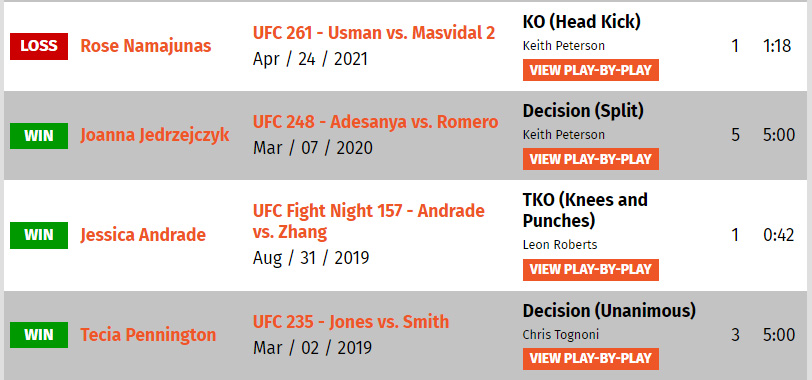In a recent interview, WWE executive Triple H (Paul Levesque) shared an interesting anecdote about a past conversation he had with UFC president Dana White. The conversation revealed just how heavily invested the UFC was in the success of Chinese star Zhang Weili in order for their new Performance Institute in China to take off.
Triple H recounted the exchange, stating it took place at a red carpet event after the UFC had just made “a massive investment” by opening the Performance Institute in China. “Dana had just come out and we were talking, and I said ‘Hey, congratulations on the China stuff,'” recalled Triple H.
White’s response highlighted how much was riding on Zhang Weili’s upcoming bout. According to Triple H, White said “I just have to get the Chinese girl to win on Saturday because they had a pay-per-view. He’s like, ‘If she wins, it’s awesome. If she doesn’t, like, I’m doomed.'”
This brief dialogue underscores the immense importance the UFC placed on having a successful Chinese star like Zhang Weili to help drive interest and credibility for their new facility in China. With a likely multi-million dollar investment, the pressure was on Weili to emerge victorious and validate the UFC’s expansion into the Chinese market.
While Zhang Weili has gone on to have an impressive UFC career since then, at that particular moment her success represented a potential make-or-break scenario for the UFC’s ambitious plans in China.
This is just one of those little anecdotes that contribute to UFC being Sports entertainment as opposed to a league like NBA or the NFL.
Zhang Weili would end up winning and defending her belt twice before back to back loses to Rose Namajunas.
The argument that the UFC is more akin to sports entertainment rather than a traditional sport can be supported by several factors:
UFC events are meticulously planned to maximize entertainment for viewers. This involves matchmaking fighters for dramatic effect, promoting rivalries between athletes, and creating storylines to engage the audience.
UFC heavily invests in promotion and marketing, using tactics similar to those employed in professional wrestling and other forms of entertainment. This includes press conferences, media tours, and creating hype through social media.
While athleticism and skill are crucial in UFC, the emphasis is often placed on the ability to entertain rather than pure sporting prowess. Fighters are encouraged to be charismatic, engaging, and often adopt personas to appeal to fans.
UFC frequently collaborates with the entertainment industry, including appearances on talk shows, involvement in movies, and partnerships with celebrities. These collaborations blur the lines between sport and entertainment.
In some cases, UFC decisions and match outcomes have been criticized for favoring entertainment value over fairness or sporting integrity. This can include matchmaking decisions designed to generate buzz rather than strictly adhere to ‘league ranking’.


